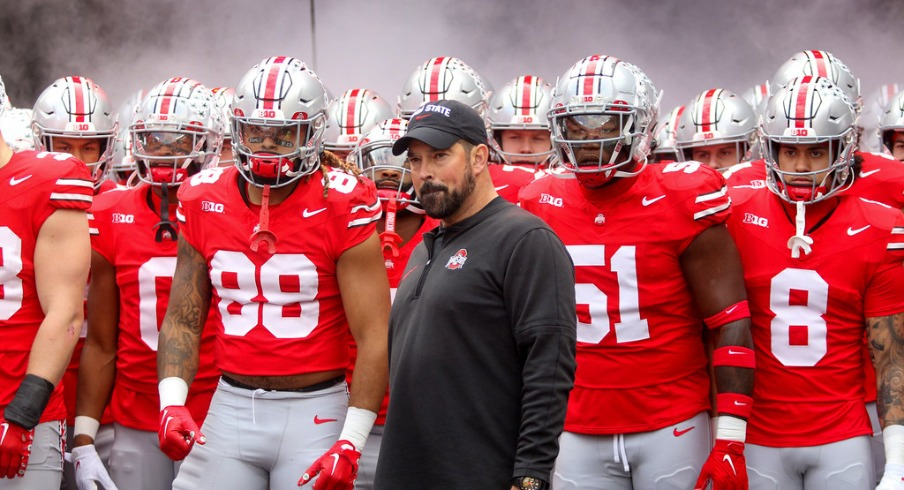Ohio Lawmaker’s Proposal to Ban Ohio State Buckeyes Football Team from Playing Noon Games Against Certain Opponents Sparks Controversy
In recent months, a proposal introduced by an Ohio lawmaker to ban the Ohio State Buckeyes football team from playing noon games against certain opponents has ignited a heated debate among fans, players, and sports analysts alike. This legislative move, aimed at addressing concerns over game scheduling and fan experience, has raised questions about the intersection of politics and college sports.
The controversy began when Michigan players, following their victory over Ohio State, planted their team’s flag at the center of Ohio Stadium, a gesture that many Buckeyes fans perceived as disrespectful. The incident led to a physical altercation and drew national attention. In response, State Representative Josh Williams introduced House Bill 700, known as the “O.H.I.O. Sportsmanship Act,” which sought to impose penalties on individuals who engage in similar acts of flag planting at Ohio State’s home stadium .
While the bill primarily focused on promoting sportsmanship and preserving the integrity of the game, it also highlighted broader concerns about game scheduling. Ohio State’s football program has frequently been assigned noon kickoffs, particularly for high-profile games. This scheduling pattern has drawn criticism from fans who argue that it diminishes the atmosphere and excitement of these matchups. The early start times often conflict with the schedules of out-of-state fans and recruits, potentially impacting attendance and recruitment efforts .
The media’s role in this scheduling issue cannot be overlooked. Fox Sports, which holds broadcasting rights for the Big Ten Conference, has a vested interest in scheduling marquee matchups during the noon window to maximize viewership. Ohio State, being one of the most popular teams in college football, is often featured in these time slots. However, this arrangement has led to frustration among fans who feel that their team deserves more prime-time exposure .
In response to these concerns, some fans have initiated discussions about the possibility of altering the current scheduling practices. Proposals include advocating for more night games or exploring alternative broadcasting arrangements that could offer more flexibility in game times. These discussions underscore the growing influence of fan engagement in shaping the landscape of college sports.
Despite the ongoing debate, it’s important to recognize that game scheduling is a complex issue influenced by various factors, including television contracts, team performance, and logistical considerations. While the desire for more favorable game times is understandable, any changes would require careful consideration of all stakeholders involved.
In conclusion, the proposal to ban the Ohio State Buckeyes football team from playing noon games against certain opponents serves as a catalyst for broader discussions about game scheduling, fan experience, and the commercialization of college sports. As the debate continues, it highlights the evolving dynamics between politics, media, and athletics in shaping the future of college football.



